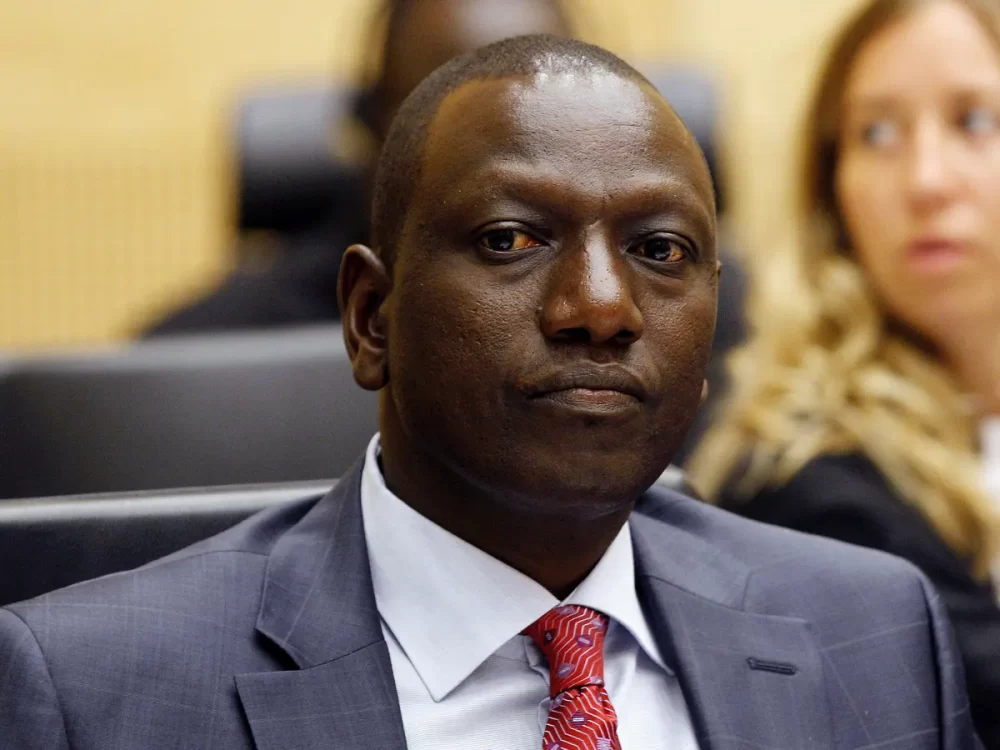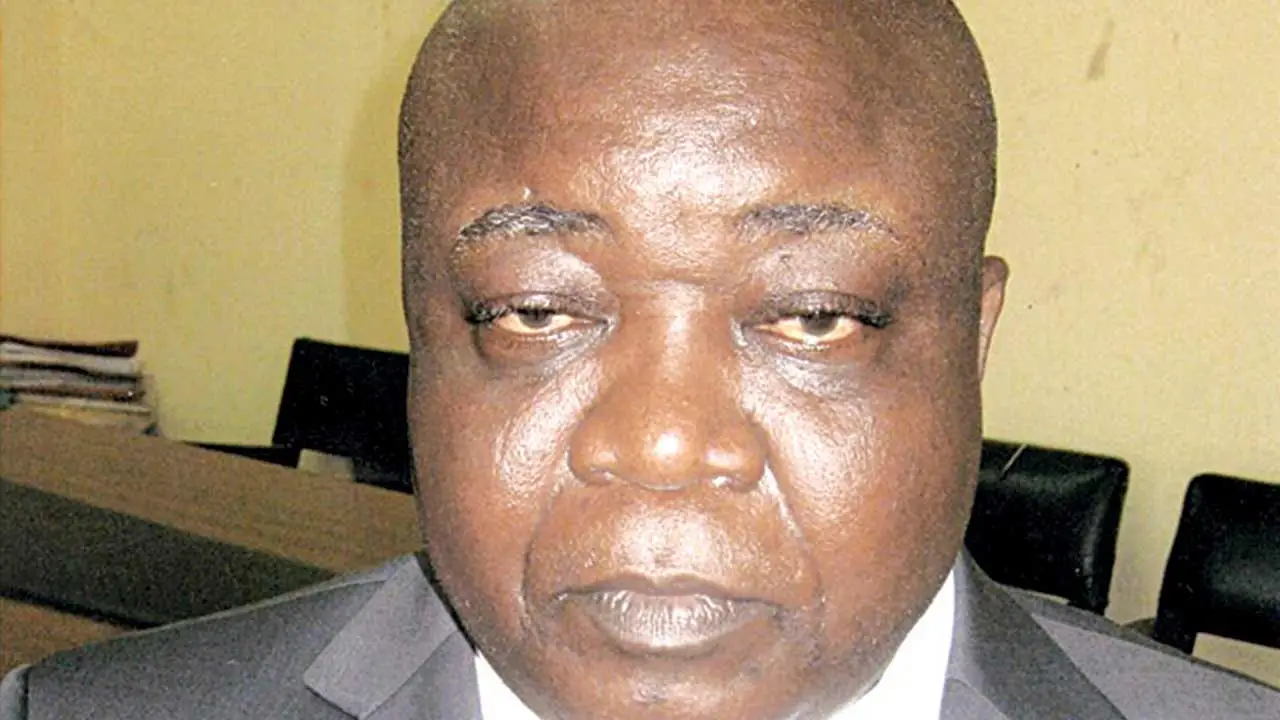Bowing to pressure, President William Ruto of Kenya announced on Wednesday that the controversial finance bill, which had sparked widespread protests, resulting in over 20 fatalities, as well as the storming of parliament, would be formally withdrawn.
However, Ruto warned that the withdrawal of the finance bill would result in a substantial funding gap for various development programs, including those aimed at supporting farmers and schoolteachers, among other things.
This, he said, could exacerbate Kenya’s challenges in reducing its foreign debt burden.
He said: “I concede, and therefore I will not sign the 2024 finance bill, and it shall subsequently be withdrawn.”
Ruto told a press briefing: “The people have spoken.”
Persecondnews recalls the fierce and widespread opposition to Ruto’s proposed tax increases, which sparked nationwide protests and demonstrations last week, caught the government off guard, and revealed a depth of opposition not anticipated.
When lawmakers approved the controversial bill on Tuesday, the largely peaceful protests took a deadly turn.
Demonstrators stormed and set fire to parts of the parliament building, and police violently responded by firing live ammunition into the crowds, resulting in chaos and bloodshed.
The Kenya National Commission on Human Rights, a state-funded agency, reported that at least 22 people have lost their lives and over 300 have been injured in the protests and announced that it will conduct a thorough investigation into the incidents to ensure accountability and justice for the victims.
As lawmakers started discussing the controversial bill that included tax increases, public frustration over the escalating cost of living reached a boiling point last week, leading to widespread protests and demonstrations.
Ruto’s government, facing financial constraints, argued that the tax hikes were essential to address Kenya’s staggering debt of approximately 10 trillion shillings ($78 billion), which amounts to about 70% of the country’s Gross Domestic Product (GDP) and is imperative for debt servicing and fiscal sustainability.
























Leave a comment